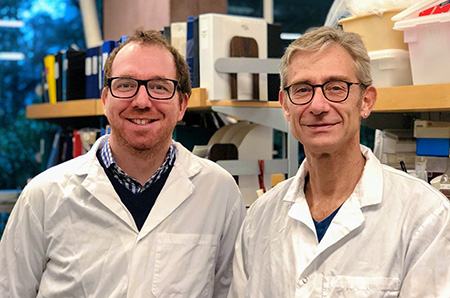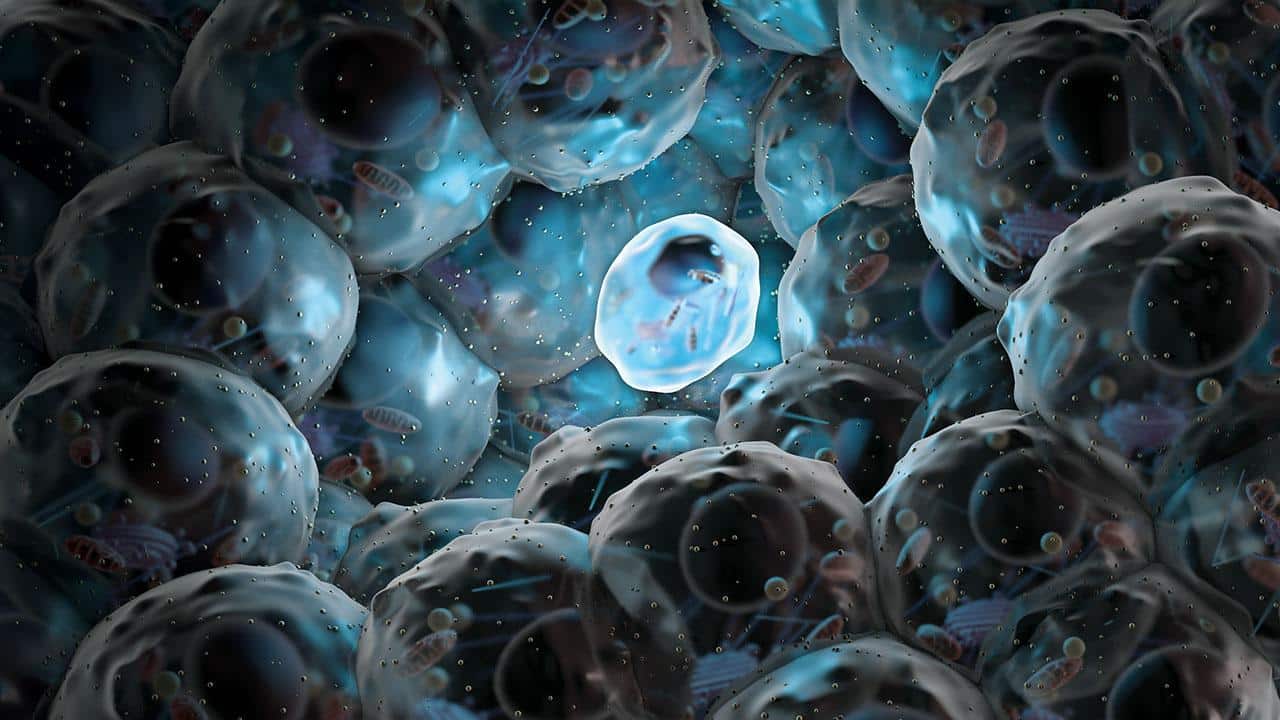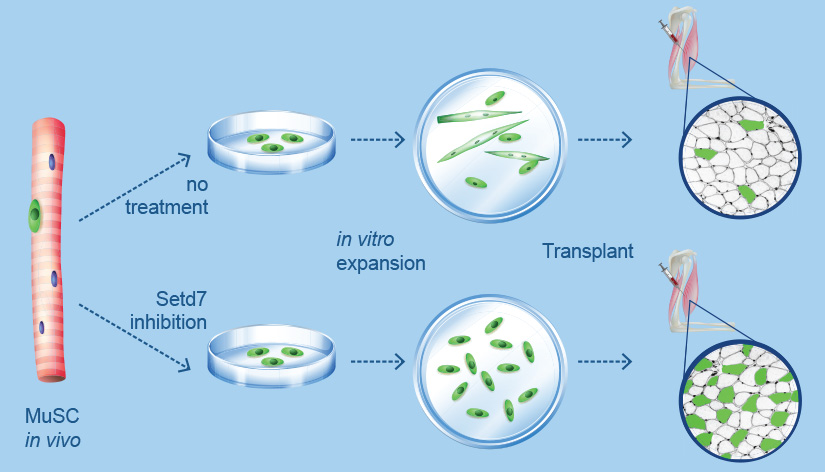Scientists Design Drug to Control Premature Differentiation of Stem Cells
“Stem cells are like flour – they can be baked into any number of things like pies, cookies or bread – but once that happens, there is no going back to flour,” says senior author Fabio Rossi, Professor of Medical Genetics at UBC’s Biomedical Research Centre and the new UBC School of Biomedical Engineering. “The problem was that all our stem cells were turning into ‘bread’ and we really needed them to stay as ‘flour’ so they could continue to replicate, creating enough cells so that we can transplant and regenerate the tissue effectively.”

Stem cells hold promise for such diseases because of their ability to differentiate or produce new cells that can form into specialized tissues in the human body. But then, at times, stem cells jump the gun and start differentiating too soon.
Therefore, UBC and Stanford University researchers have now co-created a drug to overcome one of the major challenges of stem cell therapy – this tendency of theirs to differentiate too early and too quickly. If the drug works as well as it did in lab mice, it could help bring new stem cell
treatments closer to reality.The team of collaborators identified a protein known as Setd7 that plays a role in controlling stem cell growth and their maturation into muscle fibres. Using a drug co-developed by Rossi, the researchers were able to inhibit the Setd7 protein to prevent the stem cells from differentiating so they could continue to divide. They then implanted these stem cells into the hind leg of mice affected by a mouse-model of muscular dystrophy and found that the cells fused to the muscle, regenerated the tissue and improved the strength of the muscle.
“This discovery unveils a new method to boost the therapeutic potential of muscle stem cells, allowing these cells, when transplanted into damaged tissue, to facilitate tissue regeneration and improve muscle function,” said Robert Judson, postdoctoral fellow at UBC, senior scientist at STEMCELL technologies and lead author of the paper.































